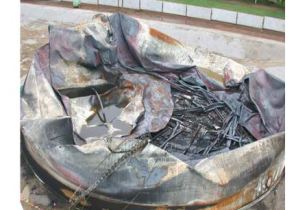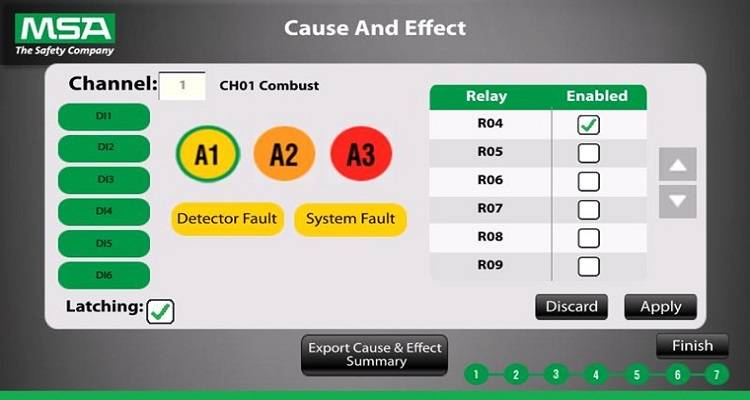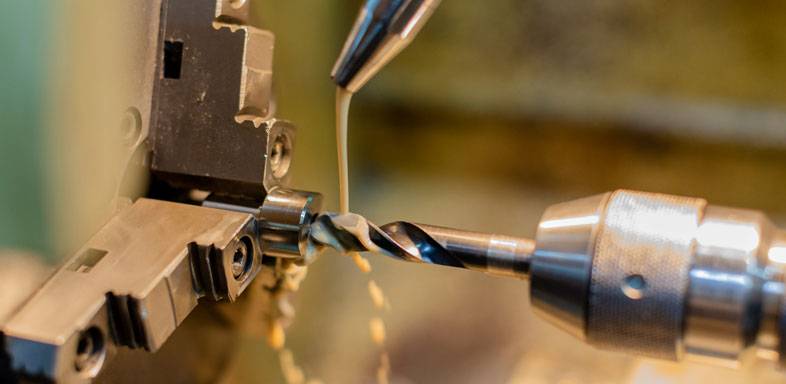Piping systems are used worldwide to carry a multitude of different media such as oil, gas, water, chemicals and many other fluids and gasses and are found in nearly all sectors of industry
These piping systems are all interconnected and connected to welded joints or via flanged connections and can include valves, pumps and many other connections.
From the early days, flanged joint connections have been considered the weakest part of any piping system. However, when referring to a weakness, Garlock Pipeline Technologies (GPT) may not necessarily refer to a lack of strength, but maybe a number of factors that may contribute to flange failure.
Sealing solutions provider GPT stated that incorrect bolt load, incorrect gasket selection or gasket stress, poor flange face conditions are just some of the factors that could cause flanged joint connections to fail and cause fluid or gas leakage. If all factors, especially design and installation, are considered, then flanged connections are generally safe and reliable.
When sealing flanged joints in piping systems that require electrical isolation, this then adds complexity to all the factors highlighted above. Flange Isolation Kits (FIK) are installed in thousands of applications worldwide and have multiple uses. By isolating all metallic components and preventing metal-to-metal contact, FIK can control current flow in cathodic protection systems.
The kits can also prevent galvanic corrosion by isolating dissimilar metal flanges such as carbon steel connecting to Inconel. These kits can also connect and seal dissimilar design flanges such as connecting raised face to ring-type joint (RTJ) facing.
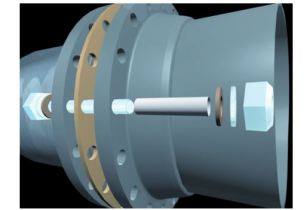
These kits have been around for a very long time and over the years GPT has modified designs and material selections to allow these kits to electrically isolate flanges that convey aggressive and sour media in critical service applications.
One of GPT’s innovative solutions was the design and manufacture of the world’s first fire-safe flange insulation kit. The most common variant of flange isolation kits is non-fire safe, which is a major concern for asset owners when installed within hazardous zone areas.
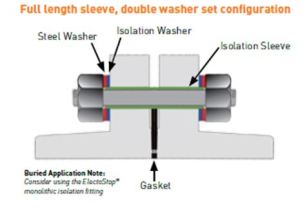
The typical make-up of a standard non-fire safe FIK’s is shown in fig 3. In the event of a fire in a plant spreading to the flanges, the two isolation washers on both sides of the flange will burn away. These are 3 mm thick, allowing the flanges to relax and open by 6 mm, allowing flammable liquid or gasses to leak and fuel the fire.
The figure4 shows the wreckage of tank 11 at Conoco Phillips Glenpool South Tank Farm, Oklahoma, USA, which exploded back in 2003.
While leakage of a flanged joint was not the root cause of the fire, a standard FIK was installed and failed, the pipeline accident report stated, which was compiled by the US National Transportation Safety Board. Due to the fire, an isolation flange assembly in the piping failed, allowing the pressurised crude oil to spray the surrounding area through the loosened flange assembly.
GPT made significant changes to the overall design and material selection in their fire-safe design to achieve fire-safe capability within their FIK’s. The gasket and washer systems had fundamental changes in design, while the bolt sleeves remain unchanged.
GPT manufactures the world-renowned Pikotek®brand and the company has seen a significant shift towards fire-safe products over recent years with major end users such as ADNOC and Saudi Aramco making investments into the safety and integrity of their assets and employees alike.
All GPT’s fire safe flange isolation kits are accredited to API 6FB standards.
Click here to know more about how GPT can help flanged joints free from corrosion, from leakages and keep employees free from harm.
The company also offers live fire safe demonstrations at client’s premises for first-hand demonstration on how the systems work in real fire situations.






